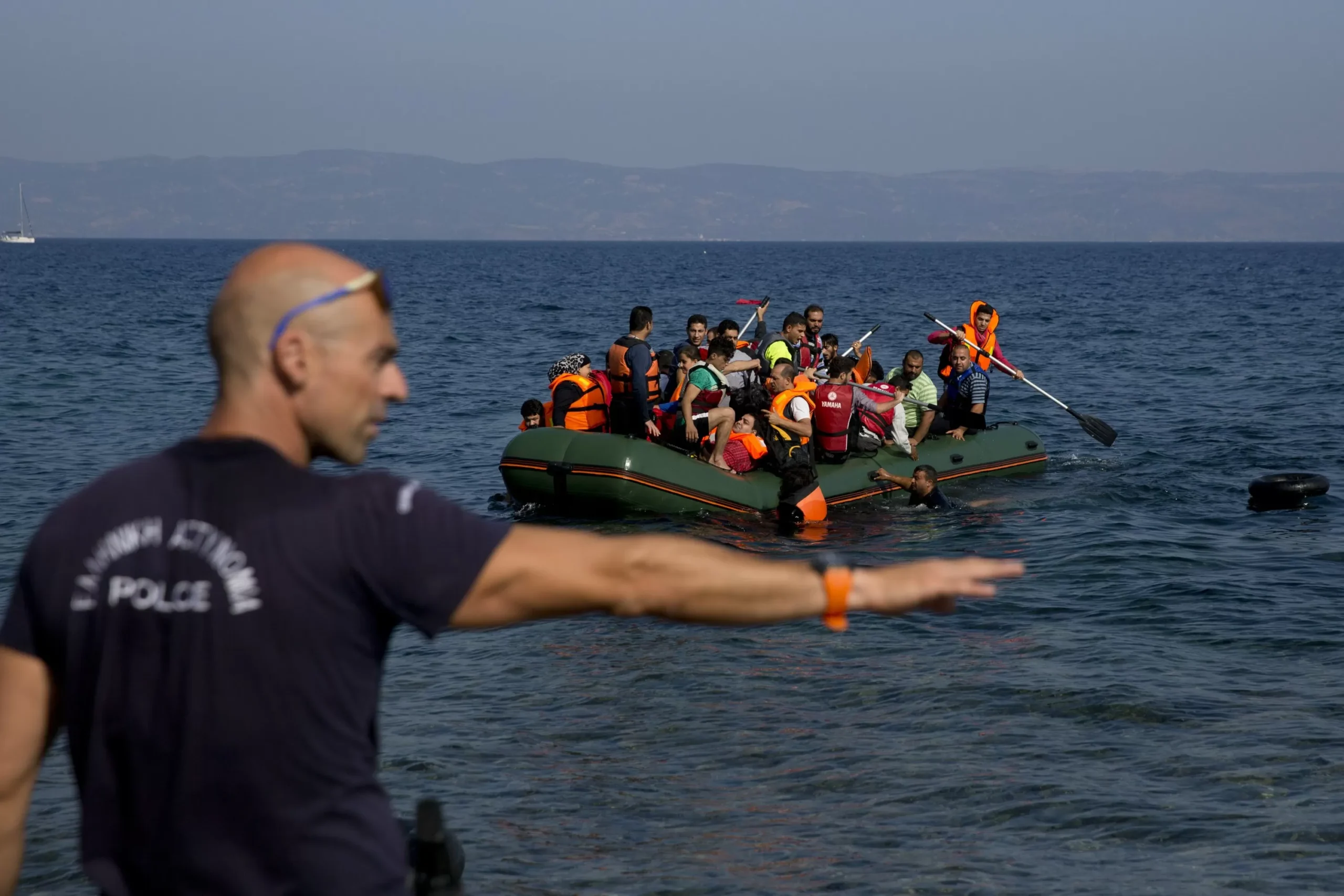Greece has long been a gateway to Europe for migrants and refugees seeking safety and a better life. However, recent reports of illegal deportations and human rights violations at its borders have raised concerns among international organizations and human rights groups.
On Tuesday, the European Commission warned Greece to take stronger legal safeguards at its borders and to adopt a “zero-tolerance approach to summary returns” of migrants. The warning came after reports of migrants being forcibly pushed back into Turkey or left stranded at sea, without proper procedures being followed.
The Commission’s statement stressed the importance of respecting the fundamental rights of migrants and refugees, including the right to seek asylum and the principle of non-refoulement. It also urged Greece to improve its reception and asylum systems, as well as its cooperation with neighboring countries.
The situation at Greece’s borders has been a cause for concern for some time now. In 2016, the EU-Turkey deal was implemented to curb the influx of migrants into Greece. However, this has led to overcrowded and inhumane conditions in refugee camps, where basic needs such as food, shelter, and medical care are often lacking.
The recent increase in illegal deportations and human rights violations has only added to the already dire situation. It is estimated that over 10,000 migrants and refugees have been illegally expelled from Greece since the beginning of the year. These actions not only violate international law but also go against the values and principles of the European Union.
The Commission’s warning to Greece is a reminder that the rights and dignity of migrants and refugees must be protected at all times. As a member of the EU, Greece has a responsibility to uphold these values and ensure that its borders are managed in a humane and lawful manner.
In response to the Commission’s warning, the Greek government has stated that it is taking steps to address the situation. This includes increasing the number of staff at its borders and providing training on human rights and international law. The government has also promised to investigate any allegations of illegal deportations and to hold those responsible accountable.
While these are positive steps, more needs to be done to address the root causes of the problem. It is essential for Greece to improve its reception and asylum systems, as well as to work closely with neighboring countries to find sustainable solutions. This includes providing adequate support and resources to refugee camps and ensuring that migrants and refugees have access to legal and administrative assistance.
It is also important for the international community to show solidarity and support for Greece in managing the migrant and refugee crisis. This includes providing financial and logistical assistance, as well as sharing responsibility for the resettlement of refugees.
Greece has a long history of welcoming and integrating migrants and refugees into its society. However, the recent reports of human rights violations and illegal deportations have tarnished its reputation. It is time for Greece to take swift action and regain its position as a leader in protecting the rights of migrants and refugees.
In conclusion, the European Commission’s warning to Greece is a wake-up call for the government to take stronger legal safeguards at its borders and adopt a “zero-tolerance approach to summary returns”. It is also a reminder to the international community to support and assist Greece in managing the migrant and refugee crisis. Let us all work together to ensure that the rights and dignity of migrants and refugees are respected and protected.





![Complete BritRail Pass Guide [Types, How to Use It, Pros + Cons]](https://inside-news.uk/wp-content/uploads/2025/06/00221EB4-BCA2-4DBB-6CD4-83DBC37D71FA-120x86.webp)












